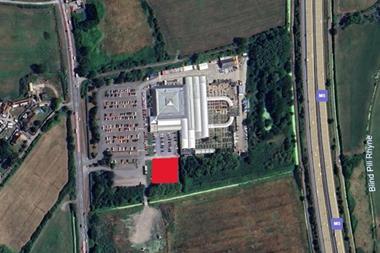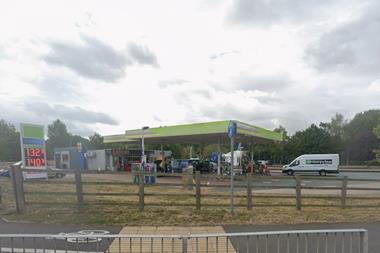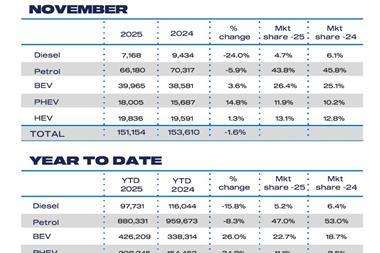Refiners and commodity market players are being accused of profiting at the expense of retailers and consumers by not passing on the full benefits of lower oil prices.
According to the AA, over the past three weeks the average weekly oil price has fallen 11.8%, from $44.1 a barrel to $38.9. In the same period, the average weekly price of commodity market petrol has fallen 7.1%, from $478 a tonne to $444. However, commodity diesel has fallen 16.2%, from $433 a tonne to $363.
“Despite plentiful stocks of petrol in north-west Europe, the refiners and commodity market players have boosted their profits and deprived UK and European consumers of much of the benefit of falling oil prices,” said AA president Edmund King.
“The market will say that that is the way commodity markets go, but the AA and European motoring organisations argue that their drivers are blind to what is going on. In the US, the failure of lower oil prices to filter through to the pumps was flagged up in November.
“On Tuesday, the Australian Competition and Consumer Commission reported the ‘highest retail margins since monitoring began in 2002’ for road fuel. Why? Because these continents have fuel price transparency.
“On the 7 December, the EU dropped its probe into fuel-price manipulation. The one thing they could have done, which is what European motoring organisations representing 35 million drivers asked them to do in 2011, was create fuel price transparency. Not only would it have given drivers a realistic prediction of where pump prices should be and where they might go, but it would have provided retailers with the same basis from which to argue their case.
“The £1 a litre going into Christmas is spectacularly good news for drivers but, when that oil price starts to go back up and the commodity market heats up again, UK drivers could do with more than supermarket goodwill to protect their interests and their pockets.”

































No comments yet